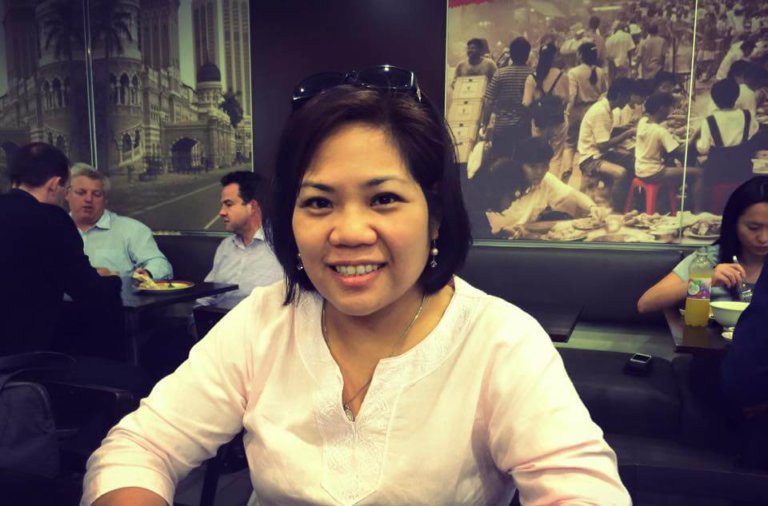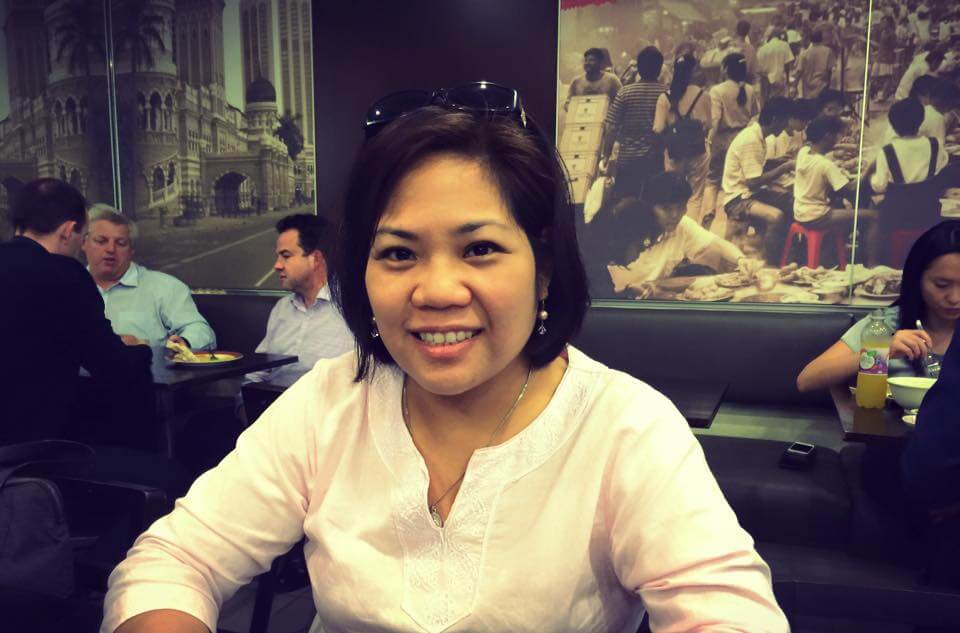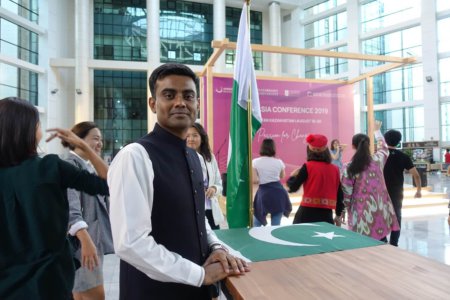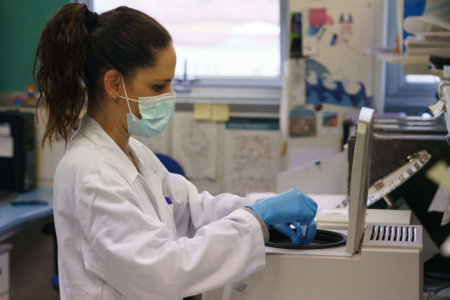
Doing a PhD study overseas can be either a good or bad experience, or both. For Dr. Ma Regina de Gracia, who did her PhD study at the University of Sydney, Australia, it was the latter.
Coming from the Philippines, adjusting to Australian culture was initially difficult, but she persevered and discovered her PhD study experience became a stepping-stone for her future career as a clinician and an academic.
Additionally, Dr. de Gracia’s previous exposure to members of the Deaf community both in the Philippines and Malaysia served as an inspiration to embark on research on the Deaf.

Dr. de Gracia describes her PhD study experience in Australia as both challenging and fulfilling
We speak to Dr. de Gracia below about her PhD study experience in Australia and how she overcame the odds to graduate successfully.
Tell me about yourself. What’s your nationality? What are you currently working as?
I am Filipino. Presently, I work as a university lecturer and as a provisional psychologist in Victoria, Australia.
Where did you do your PhD study?
I did my PhD (in Psychology) at the University of Sydney.
Why did you want to do a PhD overseas instead of your home country?
The Philippine educational system follows the American system. So, PhDs are typically driven by coursework and a full-time PhD would take about five years to complete. In contrast, there is the PhD by research in Australia which is shorter. A full-time PhD can be completed within three years. Additionally, it is more interesting and more prestigious to finish a degree overseas.
What was your PhD thesis topic about?
My thesis was entitled “The Development of Social Cognition among Filipino Deaf and Hearing Individuals.”
Can you tell me how you chose this topic for your PhD study?
During the early 2000s, in the Philippines, I used to work for a local university within a programme with Deaf students. In one of my roles, I worked as a counsellor for Deaf students. I had the privilege of listening to their personal stories and in my work, it made me realise how complex their problems are and how challenging it was to talk or deal with about emotion-related issues.
Fast forward to about 2010, I was working for the University of Nottingham, Malaysia campus (UNMC) where I was also enrolled in the PhD programme as a part time student. There, I decided that I wanted to do a thesis on the emotional intelligence of Deaf people.
I didn’t get to finish my PhD at UNMC. When I moved to the University of Sydney in 2013 to pursue my PhD full-time, I still wanted to work on something relevant to the Deaf community. However, my thesis evolved into something bigger than just emotional intelligence. It was on social cognition including Theory of Mind and emotion understanding.
Name the three biggest challenges of doing a PhD study overseas.
First it’s cost: school fees, board, and lodging. I had missed out on a scholarship so I had to pay for everything myself. That was a huge financial commitment.
The second would be homesickness. As an international student, I had no family in Australia. I did develop a few friendship groups over time, mostly from church.
The third would be the cultural barrier. Although, I had lived overseas for many years by then (the US and Malaysia), the Australian culture was quite different.
There is a huge drinking culture and for someone who isn’t really a drinker, that was a bit challenging. I was also used to going out with friends after work, that’s an Asian thing, I guess. However, here, everything closed early (except for Thursdays). There was really nothing to do and nowhere to go at the end of the day.
That was challenging! How did you overcome this?
Well, the reality is, I have sacrificed and invested so much. Giving up is really not much of an option. There was no Plan B either. To succeed as an academic, you really need to complete your PhD. My family was very supportive as well of my studies.
If given a chance to do your PhD study in your home country, would you want to do it, and why/why not?
Not really. As I stated earlier, it takes too long to finish. I had also done my master’s degree in the US so I know what it’s like to study overseas so I would like to experience the PhD in a different culture. An overseas qualification is given greater weight compared to local qualifications, if I’m being honest.
Was it worth doing the PhD study overseas, and why/why not?
Yes, the experience is different. It is definitely more challenging but I think you get more out of it — personally and professionally.
Any special piece of advice for future PhD applicants?
It is so easy to get lost in all the work. A good support group will go a long way to help you succeed in the PhD journey. A good relationship with your supervisor is also key — take time to look for a good supervisor.










